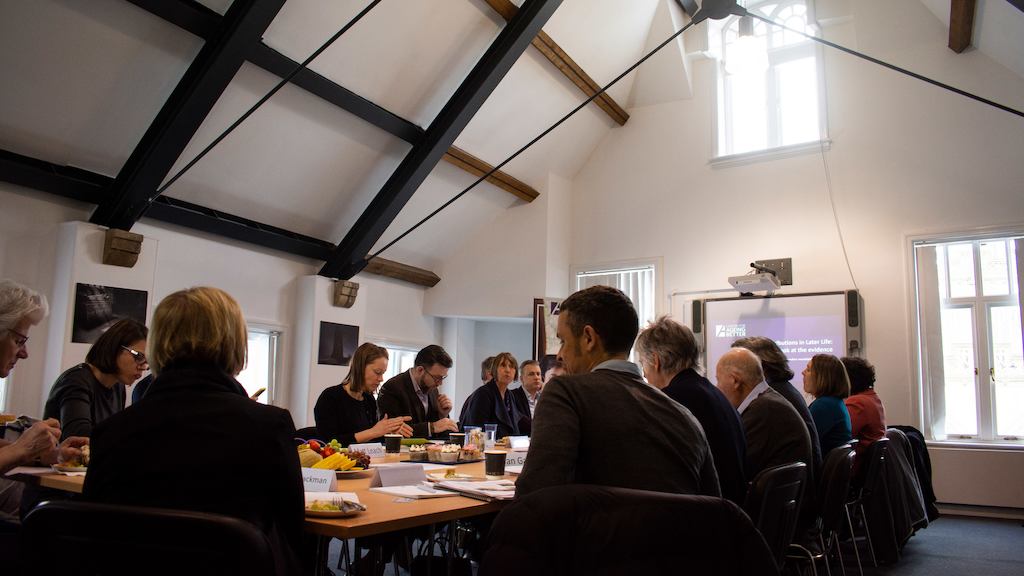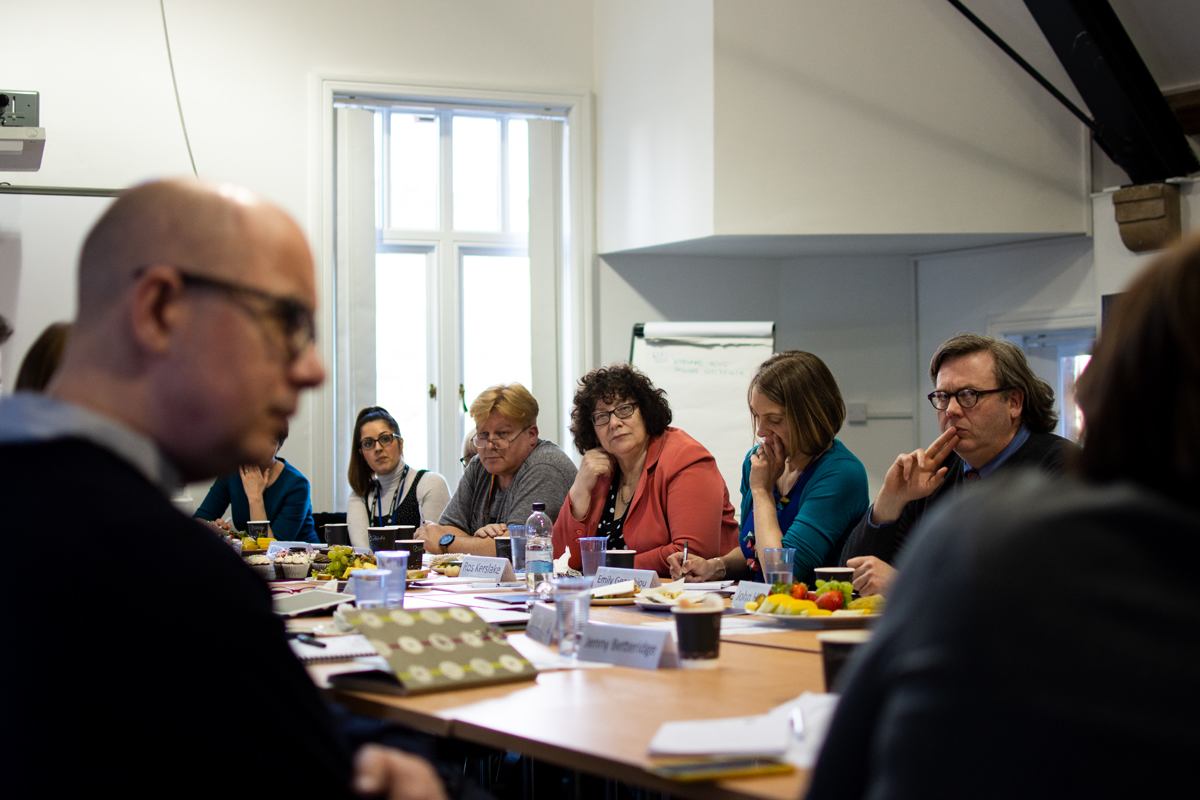London is one of the most diverse cities in the world, filled with pockets of different ages, cultures and backgrounds living together. We are globally renowned and regarded for the way that we understand, appreciate and celebrate each other’s differences.
There are many ways to foster this kind of social integration, and research shows that volunteering and community activity can be a powerful vehicle.
Our Social Integration Strategy, launched recently, highlights the importance of volunteering and giving back as a way of bringing communities together.
And while public and political discourse across our capital often focuses on young people, it is important that programmes to support communities involve and target people of all ages. After all, even though London has a comparatively young population, more than a quarter of our citizens are aged 50 and over.
Older people, like others, have much to gain from volunteering in terms of social connections, a sense of purpose and personal wellbeing. In turn, they have lots to offer including time, skills and experience accrued over many years. But we know that some older people are less likely to be involved, often because of financial, health, cultural or language barriers. That’s why we’ve committed to doing more to include older people as part of our Social Integration Strategy.
Earlier in the year, I hosted a discussion on behalf of the Centre for Ageing Better and the Department for Digital, Culture, Media and Sport about how to tackle this issue.
We focused particularly on increasing participation amongst people from BAME backgrounds – a quarter of London’s over 50s – as well as people on low incomes, and those with long-term health conditions. These groups are all currently underrepresented in formal volunteering programmes.


